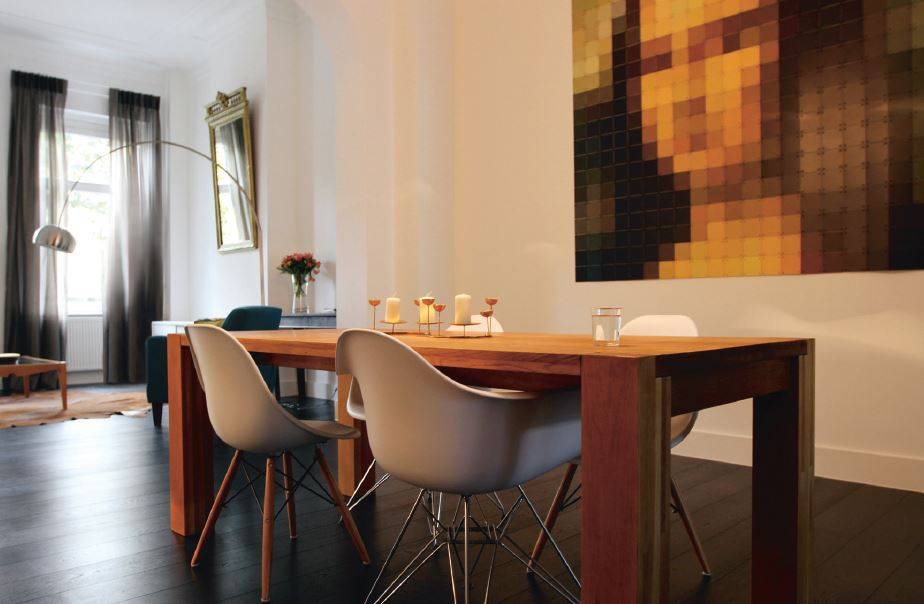Airbnb bookings in Belgium doubled in a year. We meet some local hosts and look at the financial implications.

Hosts with the most: How Airbnb is booming in Belgium
What does it take to become an Airbnb host in Belgium in 2016? With the authorities now clamping down on the home-sharing business – by demanding registration, licensing, deeds, contracts, extracts, abstracts, income tax – we talk to a few hosts about their experiences.
Jolanda van Beek, from the Netherlands and a Brussels resident for 27 years, has hosted for more than a year. She furnished an entire floor of her townhouse for short-term stays. “I used to travel a lot but don’t any more and this way I get to meet people,” she says. “We’ve had wonderful experiences. I’m always surprised by how clean guests leave the place.”
By her own admission, she may not be a typical host. Certainly her first hosting experience wasn’t. “I accidently published my Airbnb profile before I was ready. Five minutes later – bing! A Kazakh woman married to an Englishman living in Dubai wanted to rent for seven weeks, as she was coming to give birth here. We were still decorating when she arrived a few days later. We became like her aunt and uncle, and it was a really wonderful experience.”
Van Beek is one of the few people willing to talk about her business. “It’s because they’re afraid of waking up the government and paying tax,” she says. “I don’t mind talking to you; the money goes into my business, I report the revenue and pay taxes on it and charge 6% VAT. I think that’s where the government will go, imposing tax on all hosts. Government regulation would help renters avoid surprises and increase security for both parties. Besides, my main target groups are expats, business people, exhibitors and conference attendees, so they need an invoice for their expense reports.”
Read more about: actua , Samenleving
Fijn dat je wil reageren. Wie reageert, gaat akkoord met onze huisregels. Hoe reageren via Disqus? Een woordje uitleg.